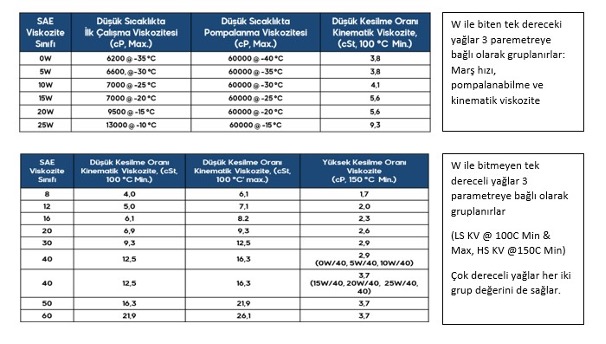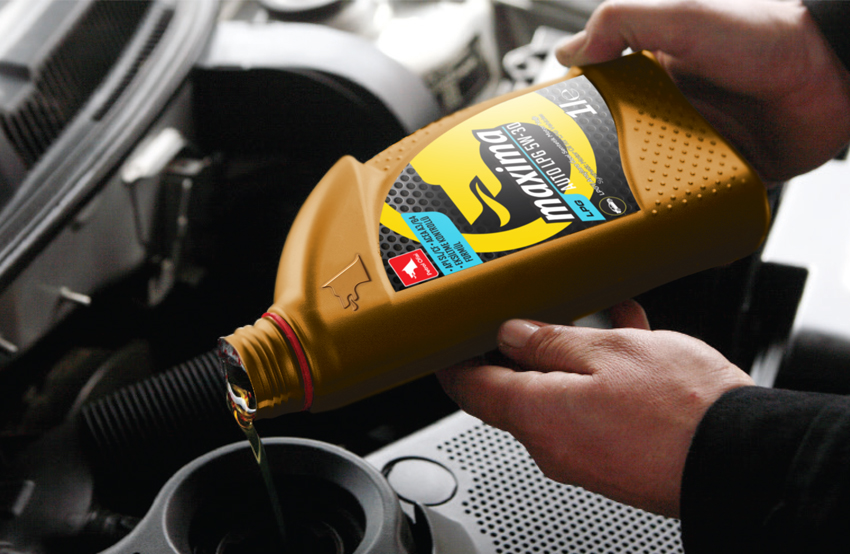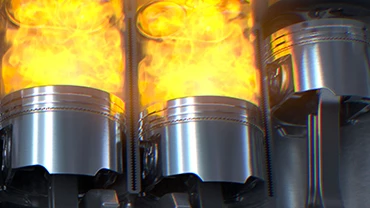
- Corporate
-
Stations
-
Product & Services
- Past Campaigns
- Eti Browni Intense Varieties – Now 25 TL instead of 35 TL
- With the purchase of 2.5 L Coca-Cola or Fanta, 1 L soft drink varieties are only 5 TL
- 14% Discount on Tchibo and Davidoff Coffee Products and Accessories – February Special
- 4% Discount on Fuel Purchases at Petrol Ofisi with AutoMatic Fleet Management, Exclusive to Visa Commercial Cardholders!
- Up to 350 TRY Petrol Ofisi Points with Yapı Kredi World
- Exclusive 20% Discount at Auto King!
- Up to TRY 220 in Monthly Positive Points for Hepsiburada Premium Members
- Buy 4, Pay for 3 on Bakery Products and Tchibo Coffees
- Mr. No Toast or Bazlama – Get 50% Off Your Drink
- 50% Off a Drink with Mr. No Sandwich
- Buy a Stanley Thermos, Get Tchibo Coffee Free
- %38 Discount at Garenta!
-
Lubricants
- Passenger Car Engine Lubricants
- Motorbike Engine Lubricants
- Heavy Commercial Vehicle Diesel Engine Lubricants
- Transmission and Differential Lubricants
- Marine Lubricants
- Industrial Lubricants
- Special Products
- Greases
- Ev Fluids
- Car Care Products
- Hydraulic System Oils
- Industrial Gear Oils
- Compressor Oils
- Turbine and Circulation Oils
- Rolled Bearing Oils
- Heat Transfer Oils
- Slideway Oils
- Air Tool Oils
- Moulding Oils
- Metalworking Fluids
- Transformer Oils
- Textile Oils
- Other
- Online Services





